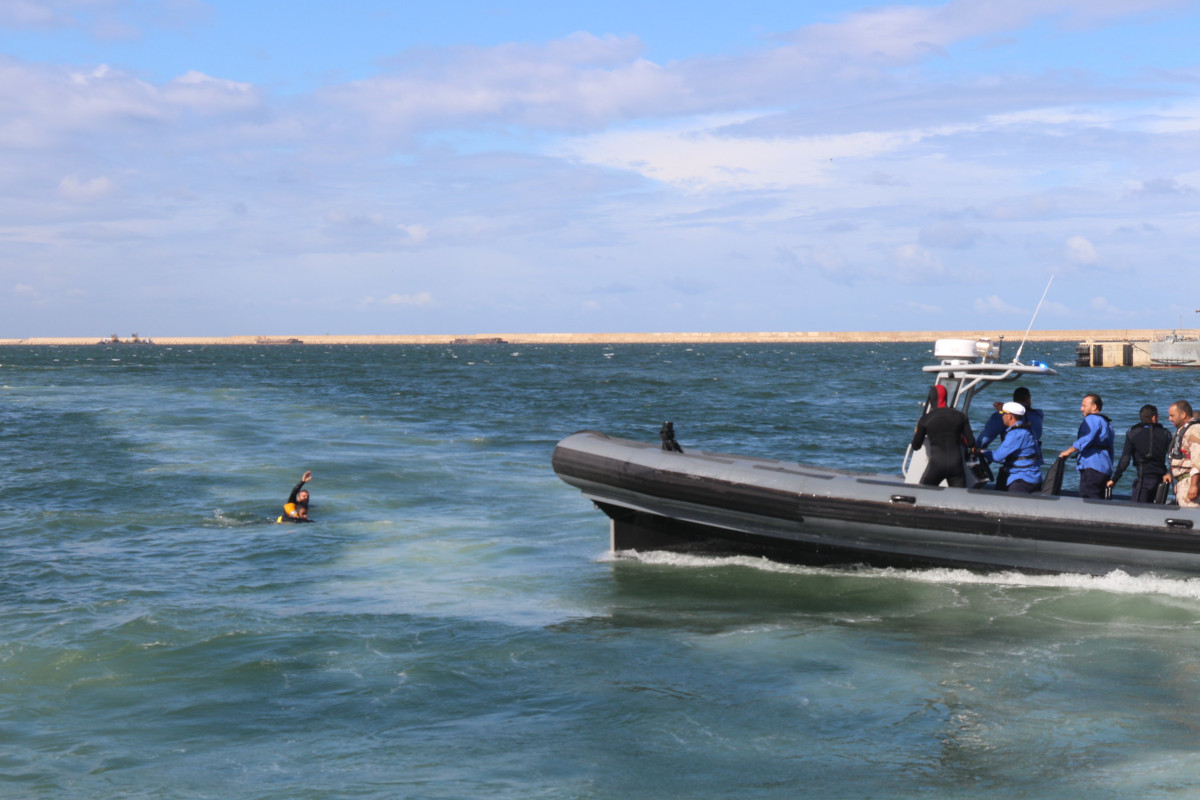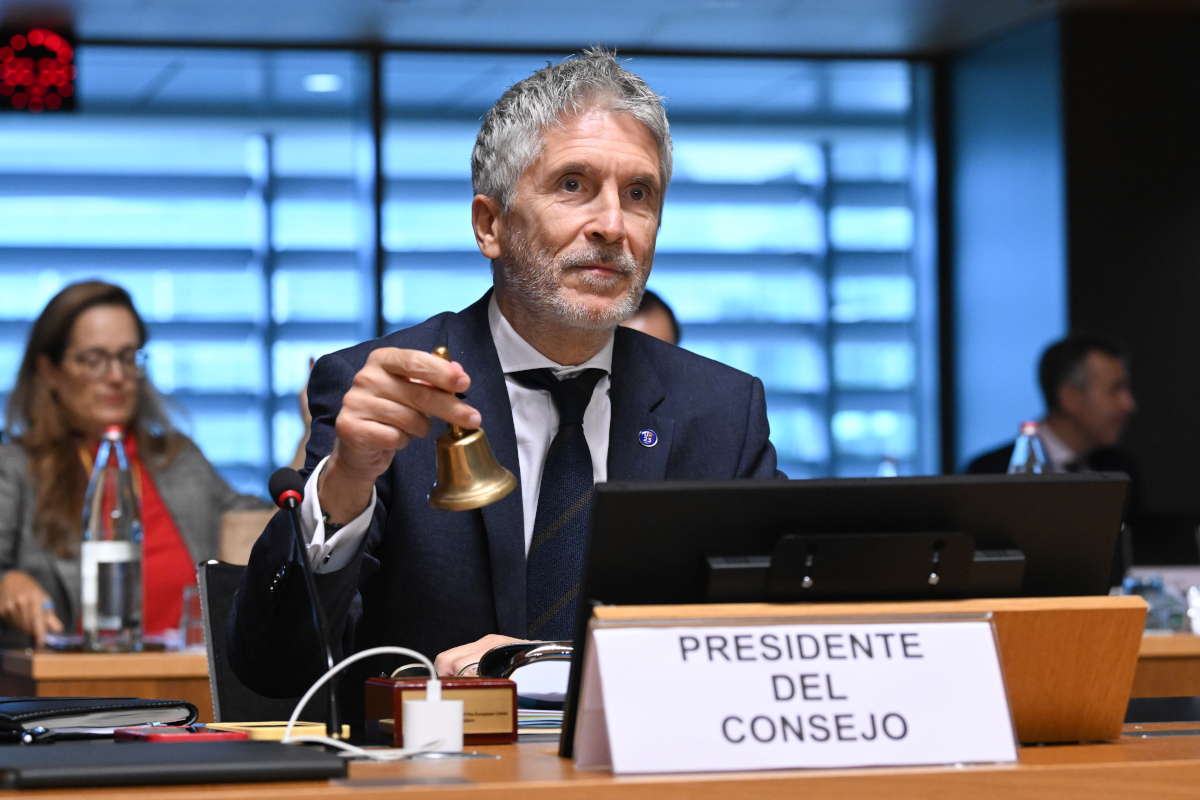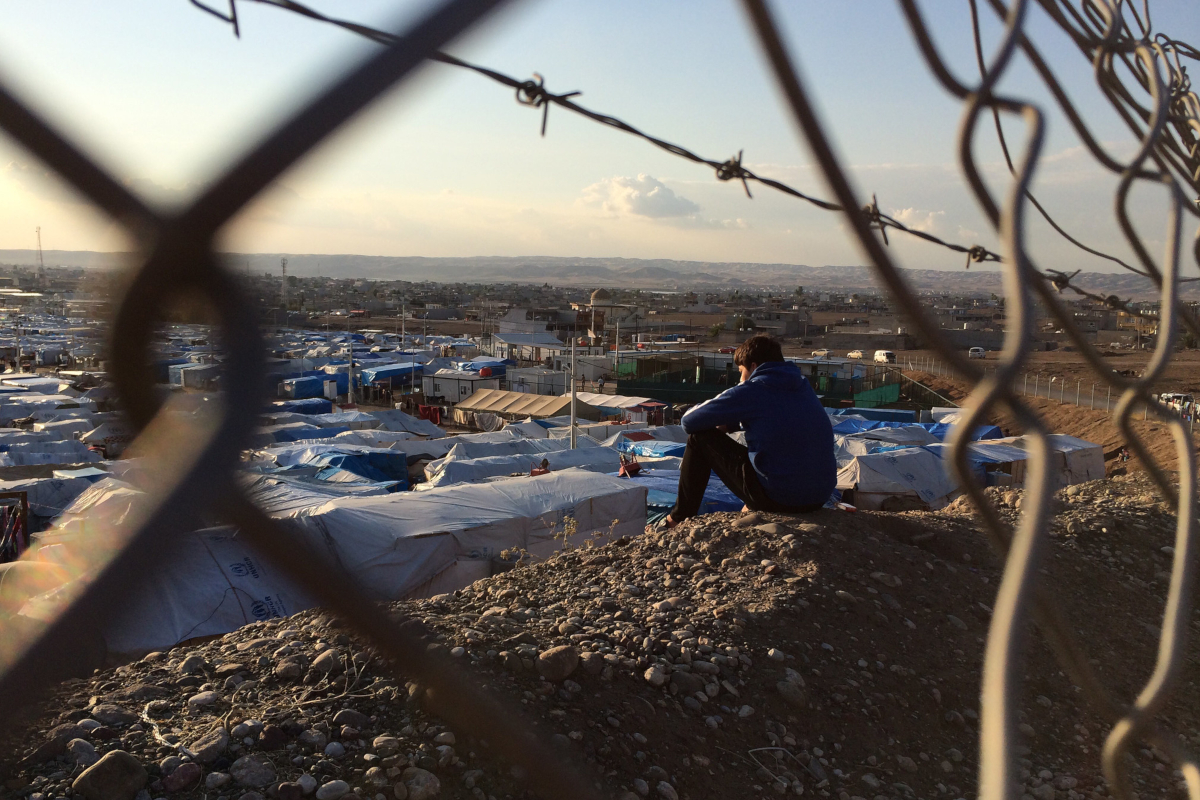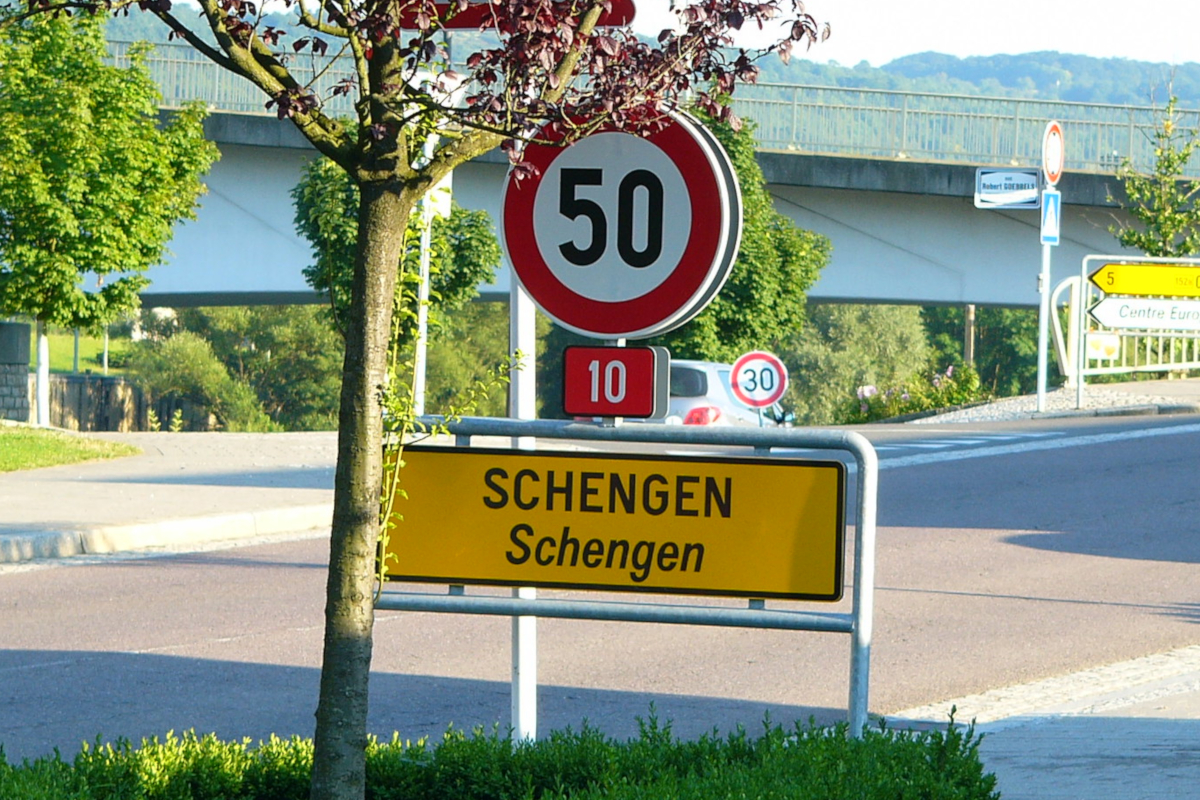October

UK participation in “unnecessary” police facial recognition system needs “open, thorough, democratic debate”
MPs must ensure thorough scrutiny and a meaningful democratic debate on potential UK participation in a pan-European police facial recognition system that is unnecessary, disproportionate and undesirable, says a statement coordinated by Statewatch and signed by 13 other civil society organisations.

EU to step up support for human rights abuses in North Africa
In a letter to the European Council trumpeting the EU’s efforts to control migration, European Commission president Ursula von der Leyen highlighted the provision of vessels and support to coast guards in Libya and Tunisia, where refugee and migrant rights are routinely violated.

EU: More surveillance, funding and operational cooperation to fight migrant smuggling
A Spanish presidency note to member state representatives in the Council identifies cross-border organised crime as a key threat to the correct functioning of the Schengen area, calling for additional impetus in 2023-2024 to fight “cross-border, serious and organised crime”. Crimes involving smuggling and exploitation (including of children, trafficking, sexual exploitation) are deemed challenges for external border management and the Schengen area.

Database delays: new timetable for interoperable EU policing and migration systems by 2027
EU interior ministers have agreed another revised timeline for the plan to make all justice and home affairs databases "interoperable", with the aim now to have the systems up and running by 2027. Mandatory biometric border checks may now be introduced progressively, in the hope of limiting delays at border crossing points.

Spanish Presidency: more funds needed for border externalisation if EU is to stay "credible vis-à-vis key third countries"
Externalisation of migration control is back on the agenda of the Justice and Home Affairs Council today. The Spanish Presidency's recent proposal for a "preventive" approach is to be debated further, with discussion focusing on ways to "optimise" the EU's current "toolbox" for externalisating migration controls and how to ensure "robust, efficient and coordinated financial support," including direct funding to third countries so that the EU can remain "credible".

UK government’s disrespect for rights could jeopardise cooperation with EU, warn MEPs
The UK government’s intention to undermine human rights and wipe swathes of retained EU legislation off the books has set alarm bells ringing in the European Parliament’s civil liberties committee, which approved an opinion last week expressing “deep concern over current legislative processes in the UK.”

EU seeking informal agreement to boost deportations to Iraq
The EU is pushing for a “non-binding instrument” with Iraq in order “to increase Iraq’s cooperation on readmission” – that is, acceptance of deportations.

Spanish Presidency’s call for “a preventive model” for migration: more of the same
A discussion paper circulated on 26 September by the Spanish Presidency proposes a switch in the external dimension of migration from “a reactive to a preventive model”. In reality it appears that this is little more than doubling down on existing plans. The paper was circulated to inform discussion at the Justice and Home Affairs Council meeting last week.

EU gears up for renewed crackdown on migrant smuggling
At the Schengen Council meeting on 19 October, ministers will discuss how to ramp up the EU's repressive measures against migrant smuggling and decide on "actions, commitments and sustainable solutions." A draft paper from the Spanish Council Presidency gives an indication of the plans that are in the works.

Frontex: deportations at record high in first half of 2023
The European Union's border agency, Frontex, facilitated the deportation of nearly 18,000 individuals from EU territory during the first half of 2023, marking an unprecedented peak. This surge in removals, executed through both scheduled flights and "voluntary" return procedures, demonstrates a 60% upswing in deportations compared to the corresponding period in 2022.
Spotted an error? If you've spotted a problem with this page, just click once to let us know.